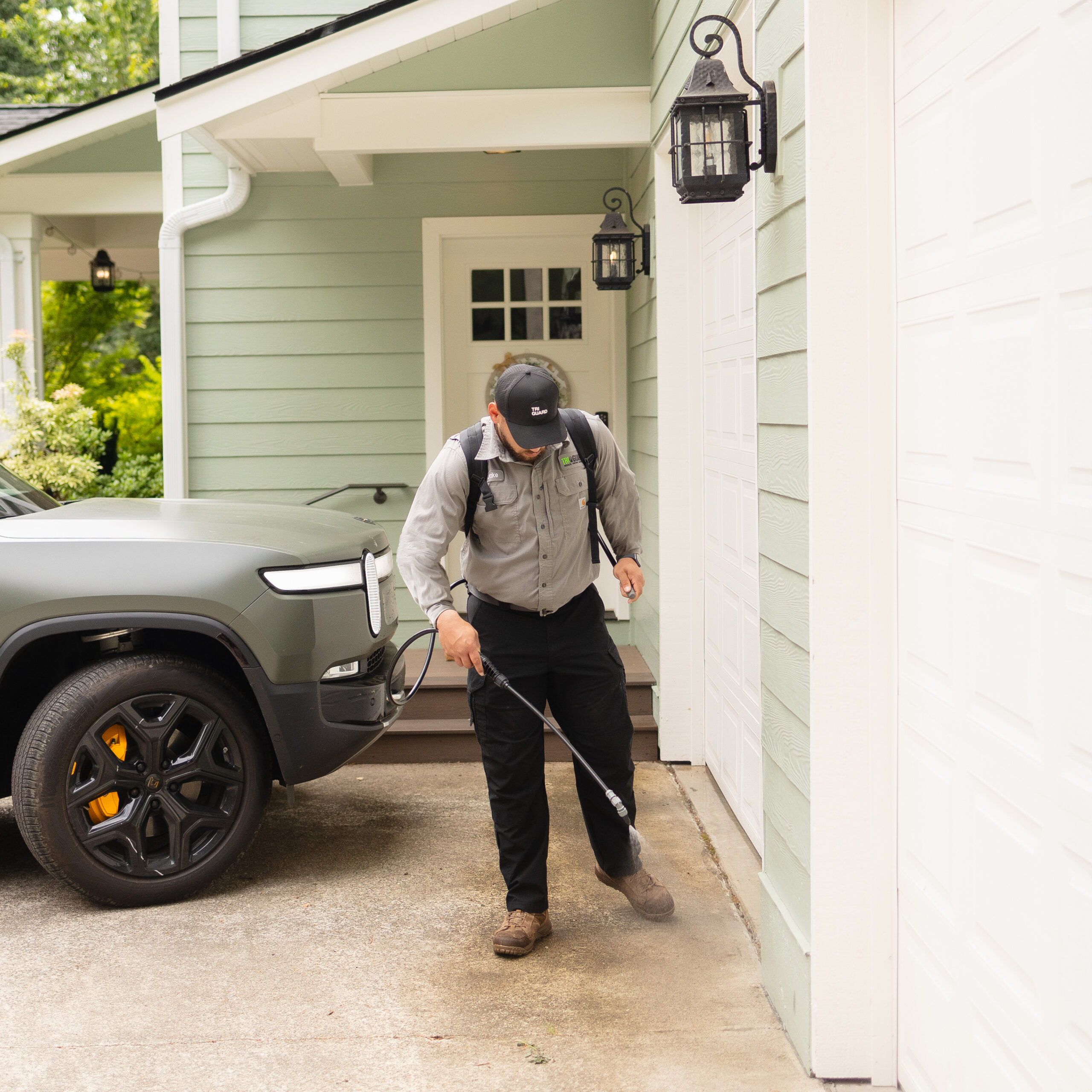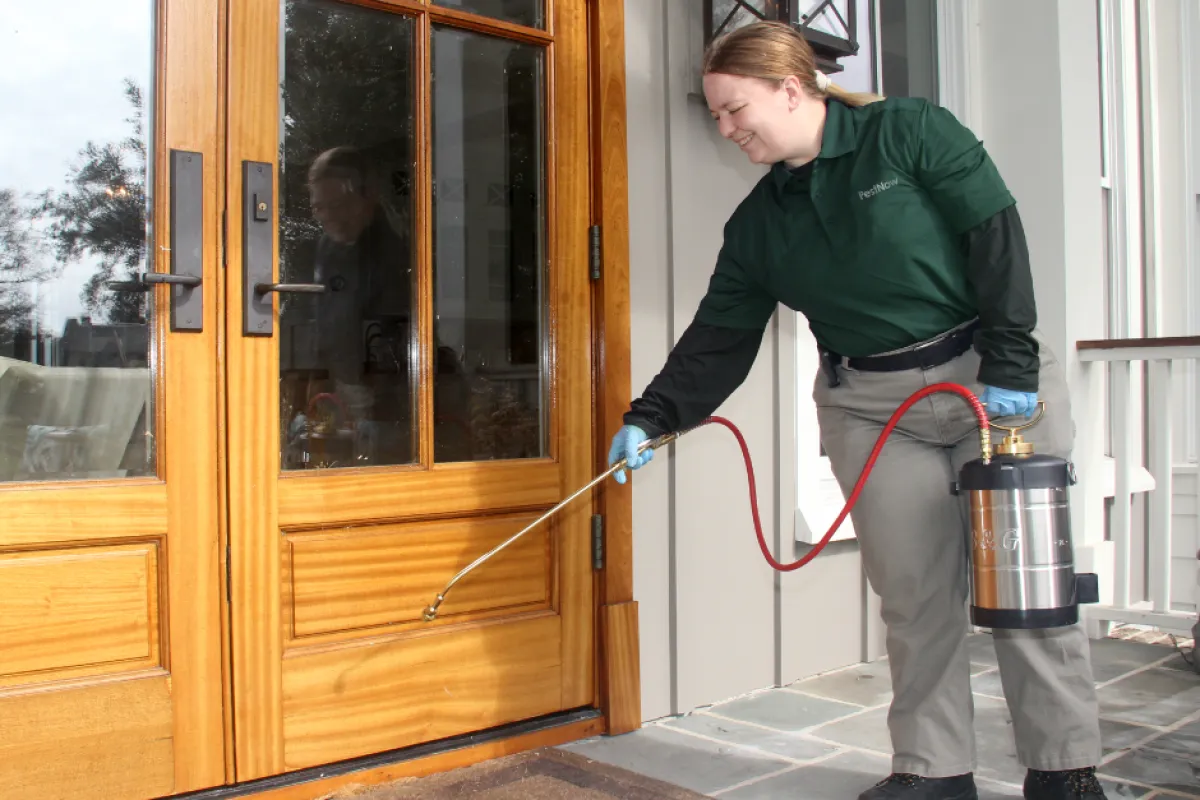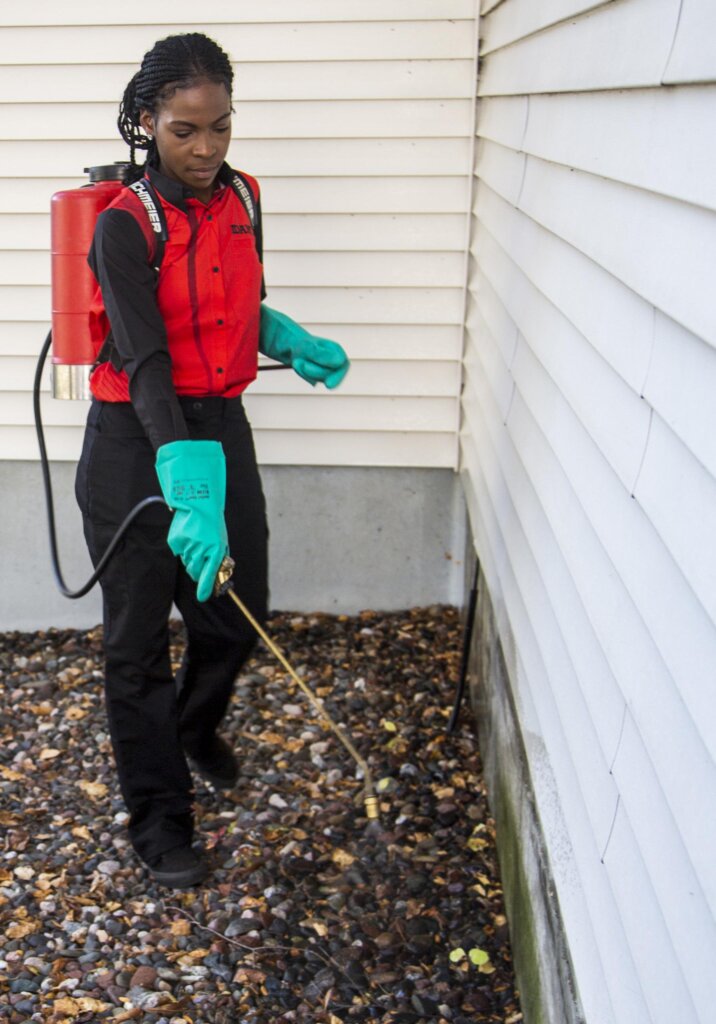Professional Pest Control Homestead Solutions to Maintain Pests away
Ultimate Guide to Parasite Control: Methods, benefits, and kinds
Parasite control is an essential facet of maintaining a healthy and balanced and safe environment, whether it remain in residential, industrial, or agricultural setups (Pest Control Homestead). Comprehending the advantages, strategies, and kinds of insect control techniques can considerably affect the effectiveness of parasite administration methods. By checking out the varied range of techniques available, one can tailor bug control initiatives to details requirements and obstacles, ensuring a sustainable and thorough solution. The world of bug control is multifaceted, with numerous tools and methods at one's disposal.
Relevance of Pest Control
Parasite control plays an essential function in maintaining the wellness and safety and security of both domestic and business environments. By effectively taking care of and getting rid of people, insects and services can avoid the spread of diseases, shield residential property from damages, and make sure a hygienic and tidy living or functioning room.
Carrying out routine parasite control measures not just safeguards the physical health of individuals but also adds to their mental well-being by creating a comfortable and secure setting devoid of the problems and disturbances caused by insects. In commercial settings, parasite control is vital for maintaining a favorable track record, conforming with health and safety guidelines, and guarding the wellness of consumers and workers. Overall, the significance of parasite control can not be overemphasized in protecting the health and wellness, security, and total high quality of life in both property and commercial spaces.
Usual Parasite Control Methods
Given the critical function that pest control plays in securing health and wellness and home, it is important to discover efficient techniques for managing and eliminating bugs. Common insect control techniques include an array of approaches customized to certain pest types. Ultimately, the most effective bug control approach usually includes a mix of methods personalized to the specific insect varieties and the atmosphere in which they live.

Organic Pest Control Methods
When thinking about environmentally-friendly approaches to taking care of bug populaces, organic pest control techniques supply a sustainable service. These approaches count on natural options to synthetic chemicals, making them more secure for the atmosphere, humans, and non-targeted varieties. One typical organic parasite control technique is biological control, which involves presenting all-natural killers, bloodsuckers, or virus to manage pest populaces. Ladybugs are commonly made use of to regulate aphids in yards.
One more reliable natural pest control method is using natural pesticides originated from natural resources such as plants, bacteria, or minerals. These pesticides target certain insects while decreasing injury to valuable bugs and the ecological community. Neem oil, for example, is a prominent natural pesticide that interferes with the development and reproduction of various parasites without creating harm to other organisms.
Cultural practices like crop turning, buddy planting, and preserving appropriate plant health also drop under natural bug control techniques. By developing a well balanced ecosystem and minimizing bug susceptabilities, these practices aid protect against bug infestations without the demand for dangerous chemicals. Organic bug control approaches not only secure the atmosphere but also advertise long-lasting and lasting pest monitoring services.
Kinds Of Insect Control Solutions
Thinking about my latest blog post the diverse methods available for handling pest populations, a crucial aspect to discover following is the variety of services supplied under the umbrella of pest control. Pest control solutions can be extensively categorized right into 3 primary kinds: property bug control, business pest control, and incorporated pest management (IPM)
Residential pest control services concentrate on managing and removing bugs frequently found in homes, such as ants, termites, rodents, and roaches. These services often include the application of safe yet reliable treatments to protect the health and wellness of citizens.

Integrated Pest Monitoring (IPM) takes a holistic strategy to pest control by integrating organic, cultural, physical, and chemical approaches to handle pest populations successfully while lessening threats to human health and wellness and the setting. IPM concentrates on lasting avoidance and lasting insect management methods.
Integrated Bug Monitoring Approach
An integrative method to pest administration, referred to as Integrated Bug Monitoring (IPM), integrates numerous methods to successfully regulate pest populaces while reducing dangers to human wellness and the setting. Pest Control Homestead. IPM concentrates on protecting against parasites through a mix of organic, cultural, physical, and chemical control approaches. By utilizing an all natural technique, IPM aims to resolve the source of insect invasions as opposed to just dealing with the symptoms
One secret aspect of IPM is making use of organic controls, such as introducing all-natural predators or pathogens to take care of parasite populaces. This technique decreases link the dependence on chemical pesticides, thus decreasing the total environmental effect. Social controls include modifying the pest's habitat to make it much less friendly, while physical controls include making use of traps or barriers to exclude or catch bugs.
IPM also highlights tracking and routine evaluation to examine insect levels precisely and figure out one of the most suitable control techniques. By incorporating these varied strategies, IPM uses a effective and sustainable approach to pest management that promotes long-lasting options while securing human health and wellness and the community.

Final Thought
To conclude, parasite control is crucial for maintaining a healthy and safe atmosphere. By making use of different strategies such as organic methods and integrated insect management, people can effectively manage and prevent parasite problems. Various sorts of insect control services are offered to accommodate certain needs and choices. Generally, applying appropriate insect control measures can aid protect residential or commercial property, crops, and human wellness from the unsafe effects of pests.
Recognizing the benefits, strategies, and types of bug control methods can dramatically affect the performance of insect monitoring methods. Common bug control techniques encompass a variety of strategies customized to details bug types. One common natural bug control method is organic control, which entails introducing all-natural predators, bloodsuckers, or virus to manage parasite populations.An integrative strategy to pest management, understood as Integrated Insect Administration (IPM), combines different approaches to effectively control pest populations while minimizing risks to human health and wellness and the setting. Social controls entail modifying the pest's environment to make it much less friendly, while physical controls consist of the use of catches or barriers to omit or record bugs.